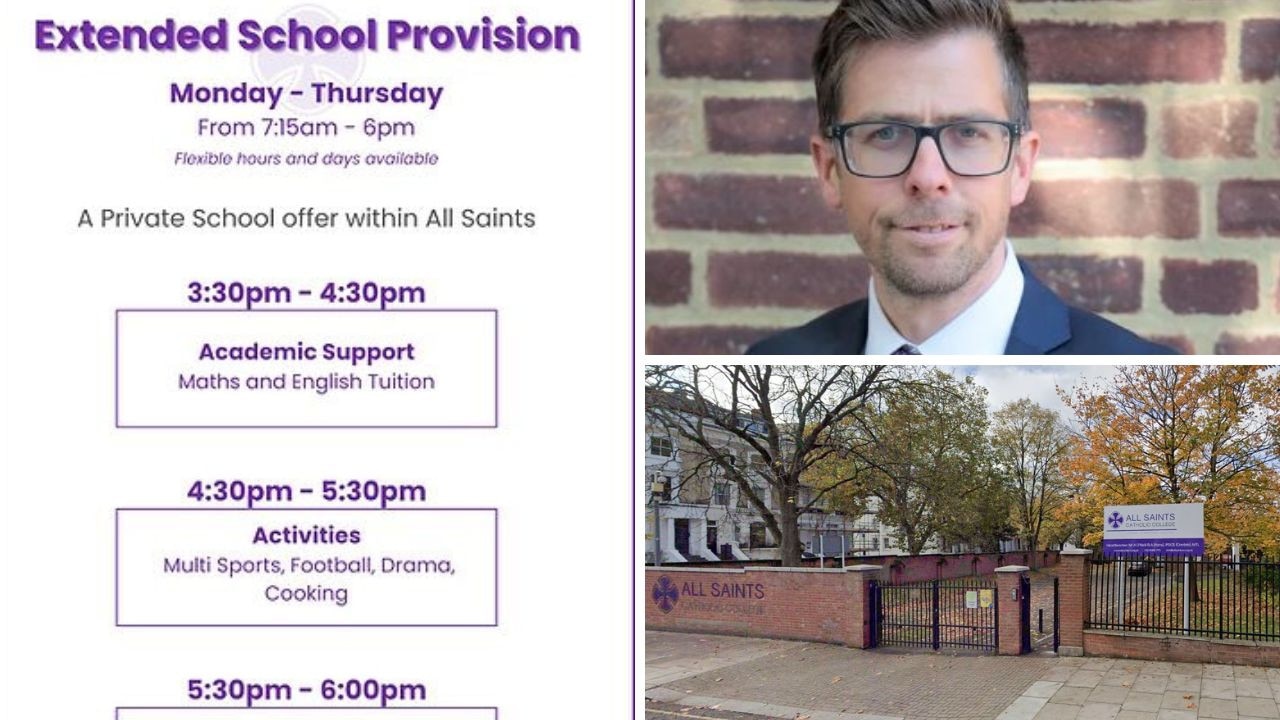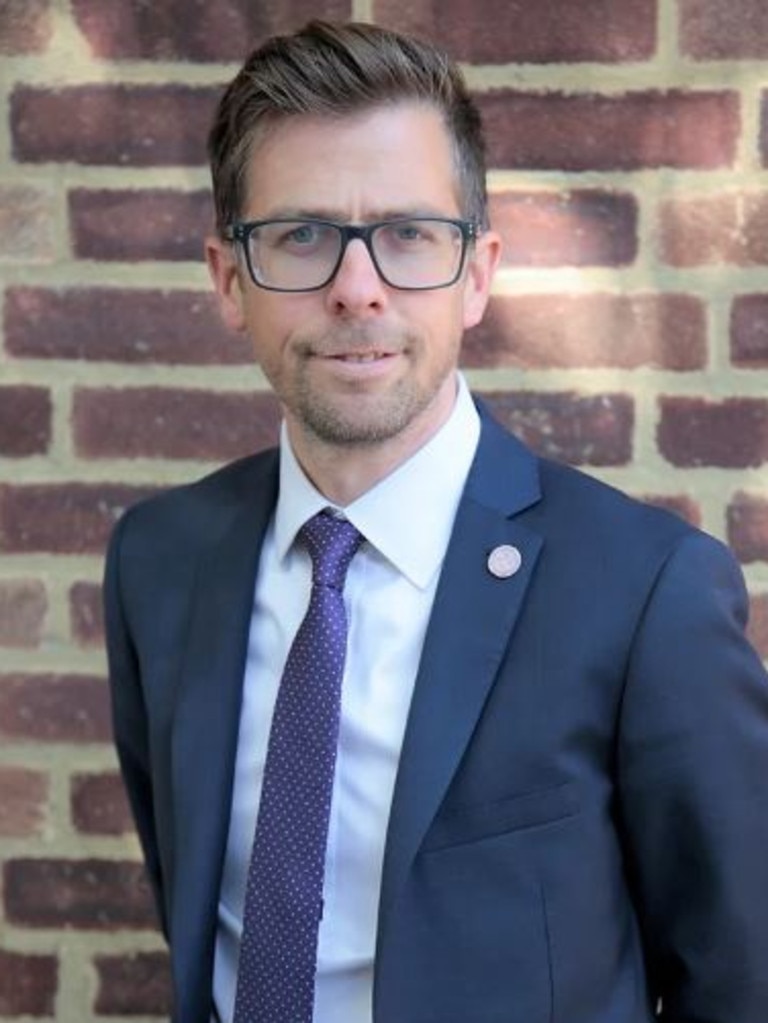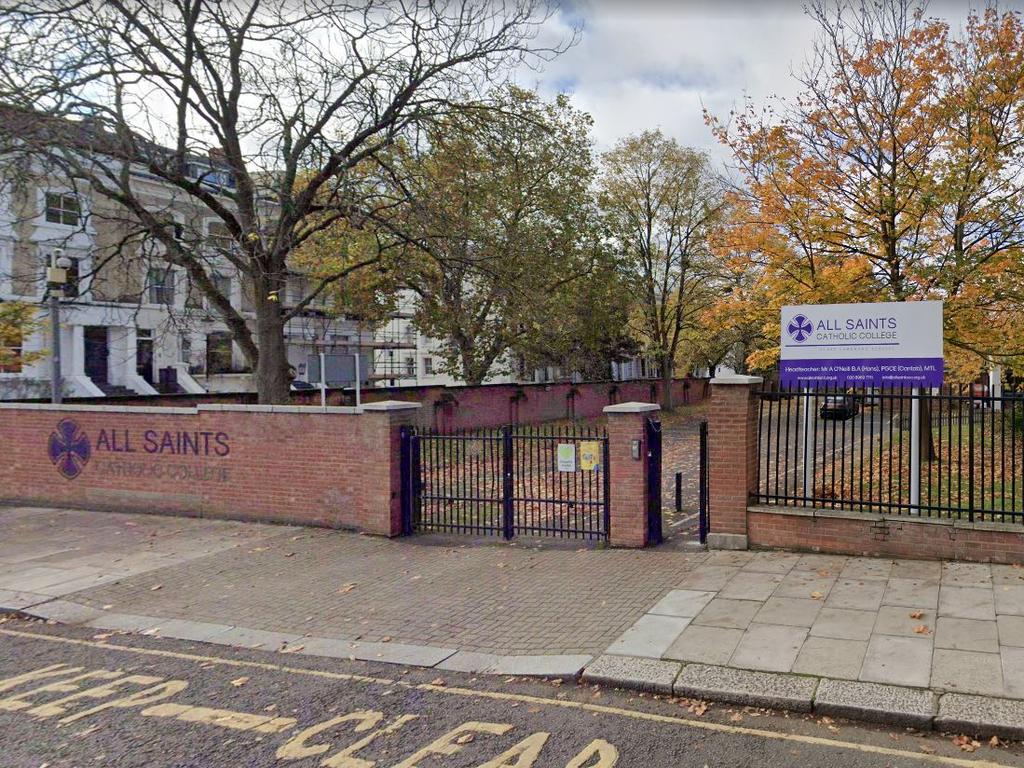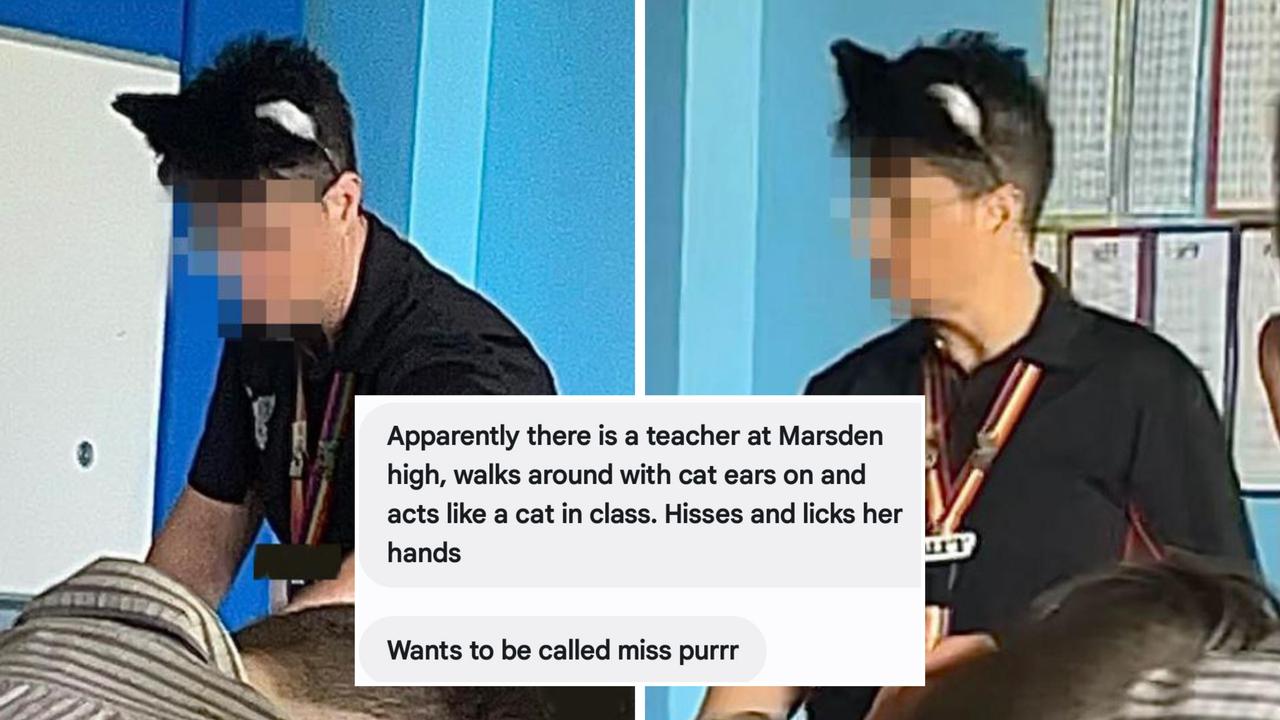‘Tragedy of our youth’: School hopes to fix bad Gen Z habits with 12 hour days
A school has attempted to reverse bad habits picked up by Gen Z during Covid by introducing a strict, 12-hour daily routine for students.

Gen Z has a lot to learn.
After growing up during the pandemic and spending multiple years in a remote, isolated environment, employers are noticing the difference.
A recent survey even found that employers are going above and beyond to not hire recent college graduates in favour of older workers.
Now, schools are hoping to bridge the gap and help students prepare for the real world — with 12-hour school days, the New York Post reports.
The head teacher at All Saints Catholic College in London is launching a pilot program that consists of kids going to school for 12 hours between breakfast and dinner, public speaking lessons and banning smartphones.
Head teacher Andrew O’Neill’s solution to the problem was to extend the school day.
Families can opt to sign their kids up for the program, which is a 12-hour school day with breakfast served at 7am and after-school provisions until 7pm
After the school day ends, the children participate in supervised homework, sports, drama, cooking and a family-style evening meal where they can all talk to each other.


O’Neill launched the program — which currently has 120 signed up — when he began to recognise that the students were distant and lacked a “sense of belonging” at school.
“Quite a lot of children were a bit apathetic and wanted to be isolated from others,” he told The Telegraph.
Thanks to the Covid-19 lockdown and the rise of smartphones, Gen Z is used to being home and on their phones, interacting through social media rather than in real life.
“They don’t want to turn up, they want to go home, they want to be by themselves, they want to be on their device, isolating themselves from others, and it’s a complete tragedy of our youth,” he said.
O’Neill claimed that students aren’t even interested in after-school extra-curricular activities anymore.
“[They were] wanting to be real homebirds. Because of course, we had habitually made children into homebirds in lockdown,” he said.
“We realised we need to break this and change something here.”
Students are lacking “soft skills”, can’t hold a conversation or make eye contact, O’Neill said — and he added that he’s never seen this type of apathy in the 20 years he’s worked with teenagers.
“You could be talking to a child about what they wanted to do for their A-levels and they’d say ‘dunno’,” he added.

Even employers are noticing this trend with recent Gen Z graduates and don’t want to hire them.
In December 2023, Intelligent, an online magazine focused on student life, surveyed 800 managers, directors and executives involved in the hiring process and found that 39 per cent of employers actively avoid hiring recent college graduates for roles they’re qualified for.
One in five employers say that recent college graduates are “unprepared” for interviews — and are often unprofessional.
Fifty-three per cent of employers surveyed said that recent college graduates struggle with eye contact, 50 per cent said they ask for unreasonable compensation, 47 per cent said they don’t dress appropriately for interviews, and 21 per cent said they refuse to turn their cameras on for virtual interviews.
But Diane M. Gayeski, a professor of strategic communications at Ithaca College, suggested that these behaviours aren’t entirely their fault — a lot of it is circumstantial.
“Employers need to recognise that, due to the Covid-19 pandemic, young people graduating from college had more than two years of disruption in their education as well as their social and professional development,” Gayeski said in the report.
“Current seniors were in their freshman year at the height of Covid. They likely took classes online and were unable to participate in clubs, internships or summer jobs.”
This article originally appeared in the New York Post and has been republished with permission.





